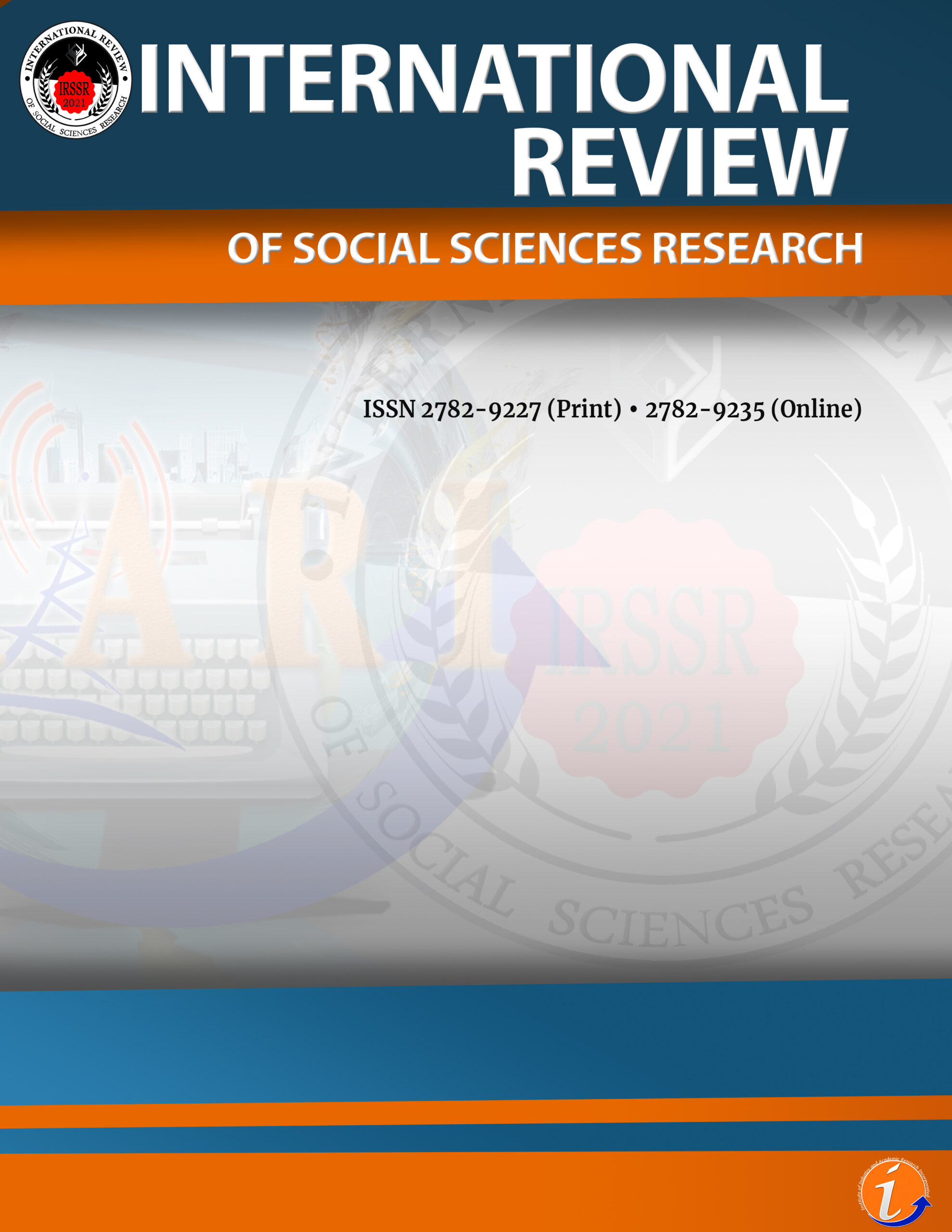This study traced the surviving ancestral houses in Lucena City through cultural mapping. The participants were limited to the houses that were built during the Spanish and American period. The ancestral houses gathered are the Gabatin Ancestral House, Queblar Ancestral House, Aquilino and Laureana Daleon Ancestral House, Zaballero Ancestral House, Mauro Salvacion Ancestral House, Dr. Eufemio Jara Ancestral House, and the Villanueva Ancestral House. By utilizing the historical analysis approach, the researchers used the historical thinking standards which helped analyze the identifiable similarities among the houses based on the descriptions and short narratives associated with them. Upon interviewing the owners/heirs/representatives of the seven ancestral houses, the study found most ancestral houses were built during the American Occupation and mainly situated in the población areas, which are at the heart of the city. Furthermore, most of the ancestral houses were primarily built from wood and have a two-storey design. With this, owners were led to convert the house into commercial use for the financial consideration of the family and sustain the maintenance of the house. This study suggests a travel magazine to be developed not just feature each house but also promote the remaining ancestral houses in the City of Lucena. These historical tourism sites must be acknowledged by the people especially the residents of the city.
ancestral houses, cultural heritage, cultural mapping, Lucena City, Lucenahins, promotion
Arriane P. Rodriguez. Corresponding author. 4th year student, Bachelor of Secondary Education Major in Social Studies, Maryhill College, Lucena, Inc.
King Elvan A. Abella. Corresponding author. 4th year student, Bachelor of Secondary Education Major in Social Studies, Maryhill College, Lucena, Inc.
Arjun V. Adame. Assistant Program Head, College of Teacher Education – Maryhill College, Lucena, Inc.
This paper is a finalist in the IIARI Research Competition (IRC) – 2021 Category 2 – Undergraduate
Baluyot, M. S., & Banog, J. P. (2014). Bahay na Bato, a Symbol of the Affluent Westernized Filipino. Academia.edu. Retrieved from https://www.academia.edu/
Britannica. (2013, August 21). Lucena. Encyclopedia Britannica. Retrieved from https://www.britannica.com/place/Lucena-Philippines
City Government of Muntinlupa. (2018). Brgy. Poblacion. Retrieved from https://www.muntinlupacity.gov.ph/?page_id=1970
Davis, R. G. (2014, June 24). John D. DeHuff’s Memoirs of Orient Seas: The Thomasite Experience Revisited. Taylor & Francis. Retrieved from 10.1080/14484528.2014.928724
De Leon, H. S., & De Leon, H. M., Jr. (2014). Article XIV Arts and Culture sec, 16. Textbook in the Philippine Constitution. Manila: Rex Book Store
Duxbury, N. (2015). Positioning Cultural Mapping in Local Planning and Development Contexts: An Introduction. Retrieved from https://uottawa.scholarsportal.info/
Firouzkouhi, M., & Zargham-Boroujeni, A. (2015). Data analysis in oral history: A new approach in historical research. Iranian journal of nursing and midwifery research. Retrieved from https://www.ncbi.nlm.nih.gov/
Freitas, R. (2015, October 31). Cultural mapping as a development tool. Retrieved from https://www.sciencedirect.com/
Horfilla, N., Labad, L., & Villalon, A. (2019). Cultural Mapping Toolkit: A Guide to Participatory Cultural Mapping in Local Communities by Rolando Borrinaga (977256316 757590698 R. Borrinaga, Ed.). 633 General Luna Street, Intramuros, Manila: National Commission for Culture and the Arts
Lexico Dictionaries. (2021). POBLACION: Definition of POBLACION by Oxford Dictionary on Lexico.com. Lexico Dictionaries | English. Retrieved from https://www.lexico.com/definition/poblacion
Longley, A., & Duxbury, N. (2016). City, Culture and Society, 7(1). Special issue: Cultural Mapping: Making the Intangible Visible (2016).
Mallari, D. T., Jr. (2014, January 16). Lucena loses historical house. Retrieved from https://newsinfo.inquirer.net/564541/lucena-loses-historical-house
McCombes, S. (2020, September 03). Descriptive Research Design: Definition, Methods and Examples. Retrieved from https://www.scribbr.com/
PhilAtlas. (2020). Lucena. Retrieved from https://www.philatlas.com/
Philip, S. (2020, February 27). Cultural Mapping and the Making of Heritage. Retrieved from https://link.springer.com/chapter/10.1007/978-981-15-1494-4_5
Pillai, J. (2013). Cultural Mapping: A Guide to Understanding Place, Community and Continuity. Retrieved from https://books.google.com.ph/books?hl=en
Project Gutenberg Self-Publishing Press. (2021). Lucena, Philippines. Lucena, Philippines. Project Gutenberg Self-Publishing – eBooks. Retrieved from http://www.self.gutenberg.org/
Religioso, M. D. (2019, December). Cultural Mapping of Some Built Heritages of San Pablo City.
Republic Act No. 10066: GOVPH. (2010, March 26). Retrieved from https://www.officialgazette.gov.ph/
Roxas, B., & Huraño, J. (2016). A Cultural Heritage Mapping for Pangil, Laguna. Retrieved from https://www.academia.edu/
UNESCO (2017). Definition of the cultural heritage: United Nations Educational, Scientific and Cultural Organization. Retrieved from http://www.unesco.org/
Cite this article:
Rodriguez, A.P., Abella, K.A. & Adame, A.V. (2022). Cultural mapping of ancestral houses in Lucena City. International Review of Social Sciences Research, 2(1), 80-97. https://doi.org/10.53378/352880
License:
![]()
This work is licensed under a Creative Commons Attribution (CC BY 4.0) International License.










